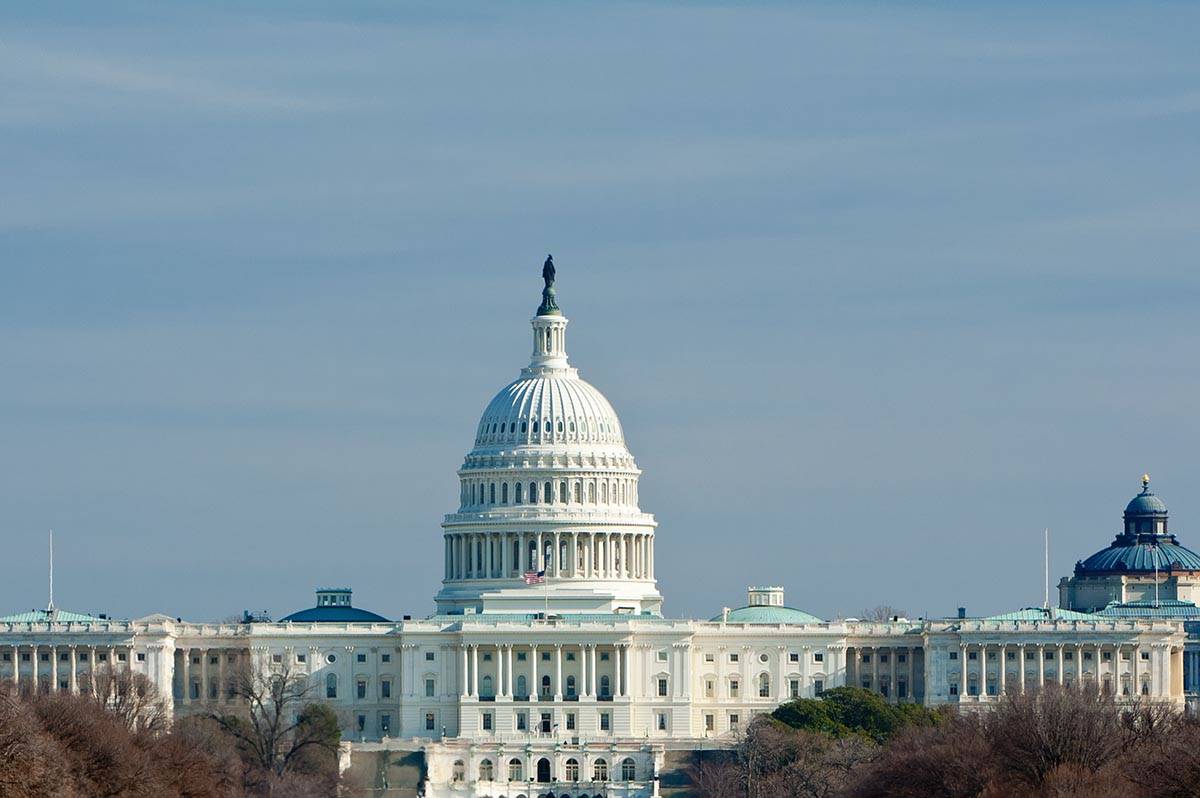NEVADA VIEWS: Congress must act on more virus relief
This spring, as the COVID-19 virus took hold, it became apparent that in addition to the horrific health toll the virus would take on countless Nevadans, the negative impact on many of our state’s businesses would be far-reaching and long-lasting.
As a result, Congress went to work to find ways to mitigate the significant damage inflicted on employers and employees. It created the Small Business Administration’s Paycheck Protection Program, an unprecedented and more than half-trillion-dollar initiative to provide desperately needed financial assistance to the small business community in response to the pandemic.
Notably, the initial-expanded eligibility lifted SBA restrictions on businesses in the gaming industry, and it took herculean efforts by the Nevada Bankers Association, chambers of commerce, multiple trade associations and all of Nevada’s congressional delegates working together to get the restrictions lifted and allow small businesses that rely entirely or in part on gaming revenues to qualify after the release of the second round of funding.
Through paycheck protection, banks infused $4.1 billion into Nevada small businesses — a lifeline that helped support 95 percent of small business employees in our state.
The program was extremely successful in helping businesses retain employees and much-appreciated in the face of virus closures and restrictions. But it has been far from perfect and is continually evolving.
In addition to expanding categories of eligible participants, agencies have modified loan interest rates, repayment periods and forgiveness rules and extended a safe harbor for businesses to return loans they didn’t need. Some changes benefited borrowers; others have the capacity to sour businesses’ desire to participate in SBA programs even when facing dire need.
The forgiveness process has become complex and potentially punitive for borrowers. Most recently, the SBA, by court order, released borrower contact information and loan details. This decision has been a disservice to borrowers. It has also led third parties to reach out in a manner that misleadingly suggests they are contacting the borrower on behalf of their lender.
Furthermore, some smaller borrowers who participated in the Economic Injury Disaster Loan Advance program and PPP found they were not eligible for any forgiveness and instead faced up to a $10,000 loan. At the same time, banks that loaned their own money on an SBA guarantee of forgiveness found their books filled with money-losing loans.
Banks didn’t participate to make money. Most will lose on this program. They participated to help stabilize and save businesses and economies such as ours here in hard-hit Nevada. As the program’s rules keep changing, they are creating a regulatory minefield for lenders.
Congress is working on another aid package and relief may be available soon. We urge Congress to include “round three” of paycheck protection and eliminate potential chilling effects that could prove detrimental to small businesses and local economic recovery.
We urge inclusion of the terms and provisions included in the Paycheck Protection Small Business Act. This bipartisan legislation would automatically forgive loans under $150,000 with attestation. The loan remains subject to SBA audit. This is also an opportunity to untie the disaster loan program from borrowers’ paycheck protection forgiveness and resolve tax deductibility issues.
Fixes to the program will encourage businesses to actively participate and to seek additional funding to support their employees in Nevada. This assistance will be the continuing lifeline that will allow business to survive until a full economic recovery becomes possible.
Phyllis Gurgevich is president and CEO of the Nevada Bankers Association.

















